Team
How Our Effort is Organized
Developing and producing the Open Energy Outlook is a big effort with many contributors. The core team has primary responsibility for conducting the model-based effort and producing the Open Energy Outlook report.
The additional teams listed below are committed to formally advising the core team and attending annual workshops to help set the research agenda. We also welcome contributions from the broader community and track community participants and their contributions here on GitHub. As articulated in this Joule piece, we are pioneering a new distributed teams approach to energy systems modeling.
Core Team
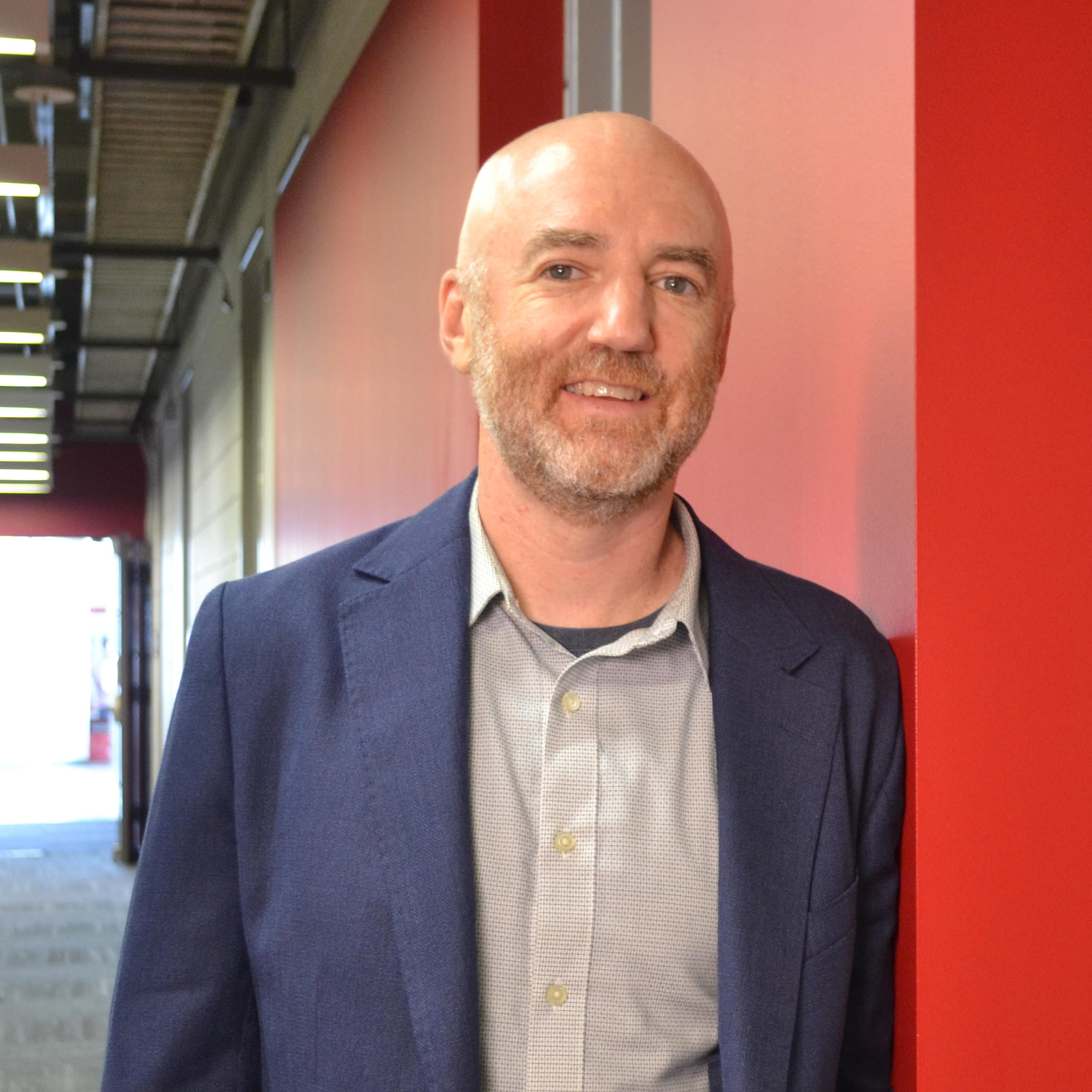 Mike Blackhurst, Carnegie Mellon University
Mike Blackhurst, Carnegie Mellon University
Mike Blackhurst is theExecutive Director of the Open Energy Outlook. Mike’s research relates to integrating engineering and social science methods to improve how technology is represented in policy decisions. Member Homepage
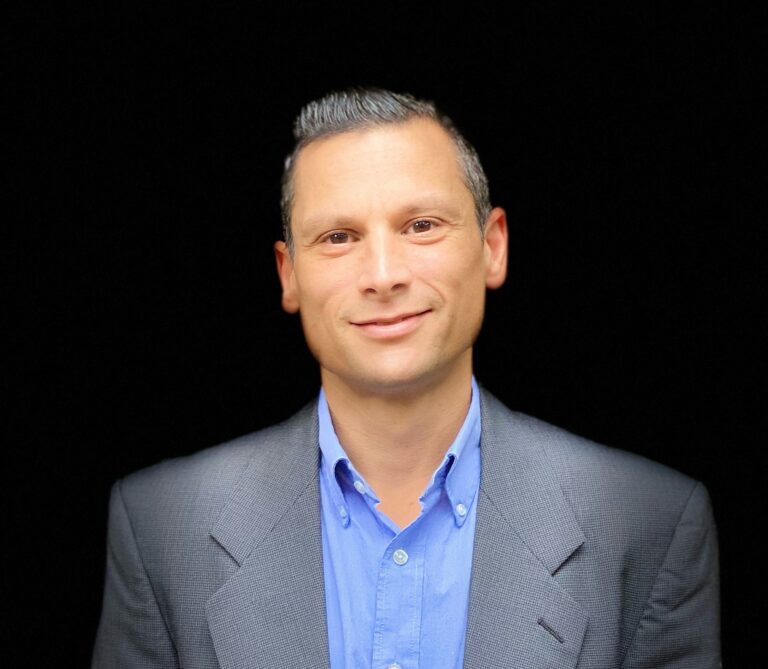 Joe DeCarolis, NC State University
Joe DeCarolis, NC State University
Joe’s research program is focused on addressing energy and environmental challenges at the intersection of engineering, economics, and public policy. His primary focus is the development and application of energy system models to analyze how energy technology and public policy can shape a sustainable future. Member Homepage
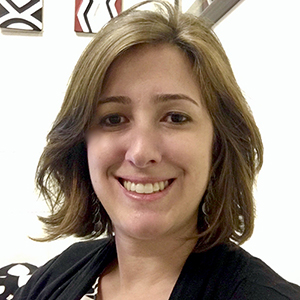 Paulina Jaramillo, Carnegie Mellon University
Paulina Jaramillo, Carnegie Mellon University
Paulina is involved in key multi-disciplinary research projects to better understand the social, economic and environmental implications of energy consumption and the public policy tools that can be used to support sustainable energy development and consumption. Member Homepage
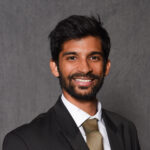 Adi Sinha, NC State University
Adi Sinha, NC State University
Adi’s recent research interests include modeling energy systems to gain insights into/inform policies, research and development efforts, and investment decisions. He has previously worked in the acquisition and analysis of air pollution data to better understand secondary transformations in the atmosphere. Member homepage.
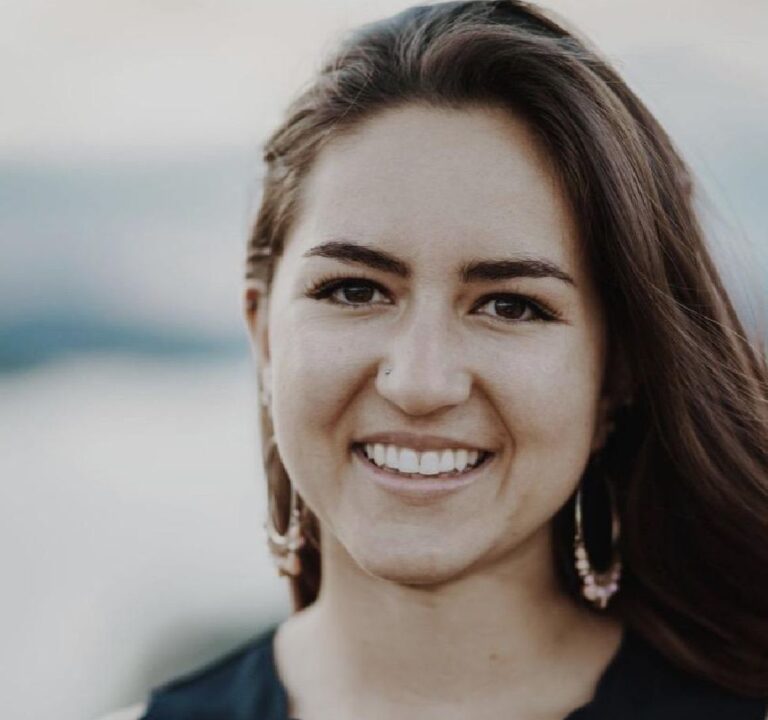 Katie Jordan, Carnegie Mellon University
Katie Jordan, Carnegie Mellon University
Katie is a PhD student researching the effects of decarbonizing the US heavy-duty transportation sector on air quality and climate.
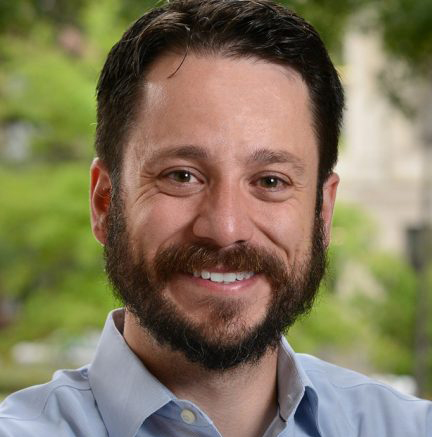 Jeremiah Johnson, NC State University
Jeremiah Johnson, NC State University
Jeremiah uses systems methods to evaluate the environmental impacts of changes to the power system, including those driven by technology (such as the integration of wind power, solar photovoltaics and energy storage) and policy. Member Homepage
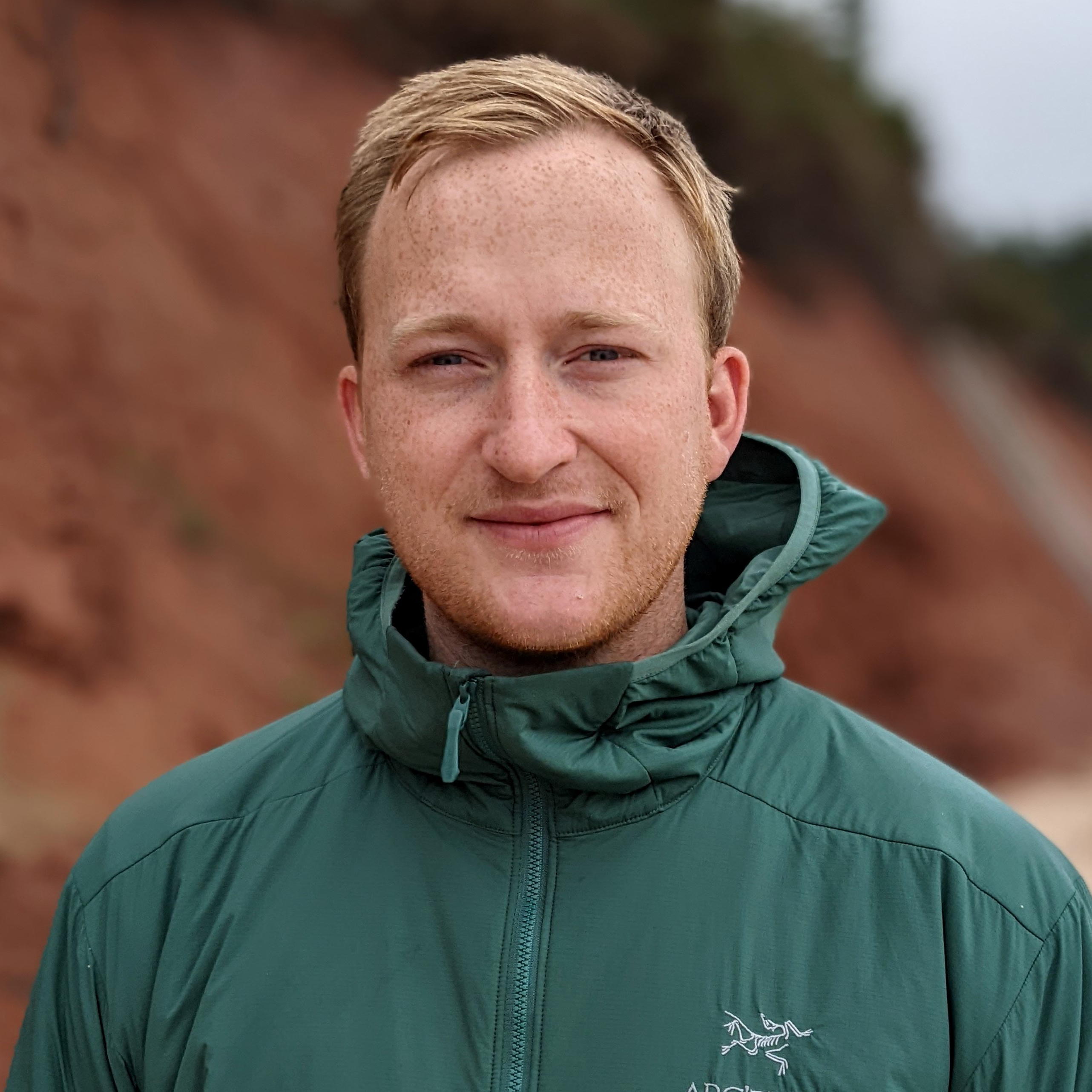 Cameron Wade, Sutubra Research
Cameron Wade, Sutubra Research
Cameron Wade is the Founder and Principal of Sutubra Research. Before establishing Sutubra, he developed new modeling techniques to conduct in depth analyses of energy transition pathways in Western Canada in affiliation with University of Victoria. Cameron has co-authored several peer-reviewed journal articles and is a regular presenter at international conferences on energy system modeling. Member Homepage
Policy
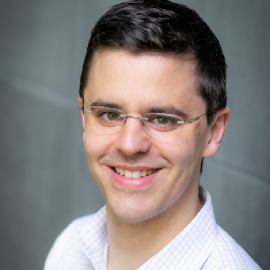 Gernot Wagner, New York University
Gernot Wagner, New York University
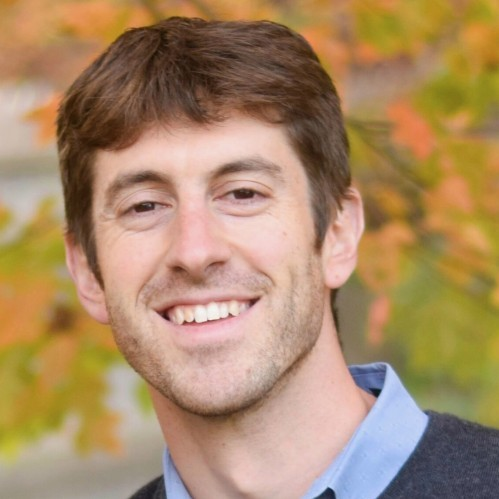 Noah Kaufman, Columbia University
Noah Kaufman, Columbia University
Noah is an economist who has worked on energy and climate change policy in both the public and private sectors, and has published peer-reviewed journal articles on the social cost of carbon dioxide emissions and the role of risk aversion in environmental policy evaluations, among other topics. Member Homepage
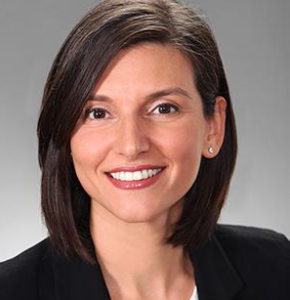 Gökçe Akın-Olçum, Environmental Defense Fund
Gökçe Akın-Olçum, Environmental Defense Fund
Gökçe specializes in international climate policy and market-based environmental regulations. A key element of her work is the integration of economic simulation models in environmental policy design. Member Homepage
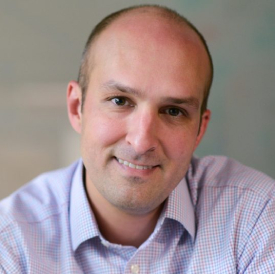 Christopher Galik, NC State University
Christopher Galik, NC State University
Christopher works at the intersection of public policy, economics, and technology, with an emphasis on energy and environmental governance. He uses a variety of methods grounded in a variety of disciplines to explore complex policy problems and their potential solutions. Member Homepage
Electricity
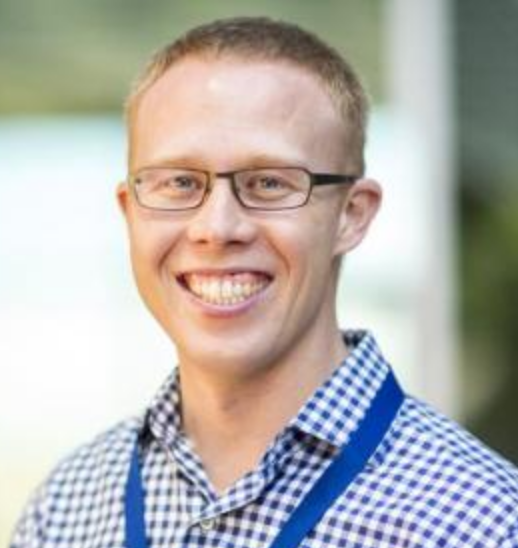 Bri-Mathias Hodge, University of Colorado at Boulder
Bri-Mathias Hodge, University of Colorado at Boulder
Bri’s research focuses on the modeling and simulation of power and energy systems, with an emphasis on the operational and planning challenges posed by the integration of renewable energy sources, such as wind and solar power. Member Homepage
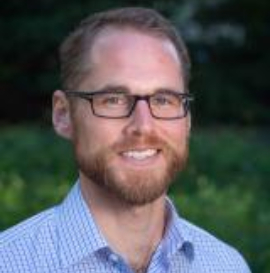 Michael Craig, University of Michigan
Michael Craig, University of Michigan
Michael primarily researches how to reduce global and local environmental impacts of electric power and other energy systems. He focuses on system-level analysis to understand the deployment potential and operations of new technologies given the constraints and features of the larger system in which they are embedded. Member Homepage
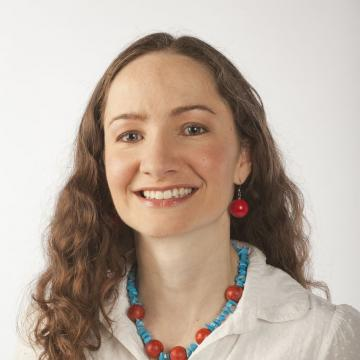 Dalia Patino-Echeverri, Duke University
Dalia Patino-Echeverri, Duke University
Dalia explores, assesses, and proposes technological, policy, and market approaches to pursue environmental sustainability, affordability, and reliability in electricity systems. Most of her work focuses on the decisions that regulators and private actors must make regarding capital investment and operations in the electricity sector and on quantifying the value of flexibility in multiple dimensions. Her work uses operations research tools to account for path dependencies, uncertainty and the tradeoffs of one risk for another that affect decisions in the energy system. Member Homepage
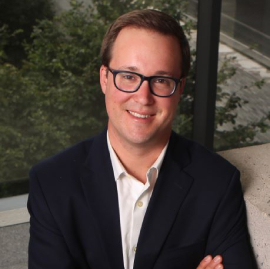 Jesse Jenkins, Princeton University
Jesse Jenkins, Princeton University
Jesse is a macro-scale energy systems engineer with a focus on the rapidly evolving electricity sector, including the transition to zero-carbon resources, the proliferation of distributed energy resources, and the role of electricity in economy-wide decarbonization. Member Homepage
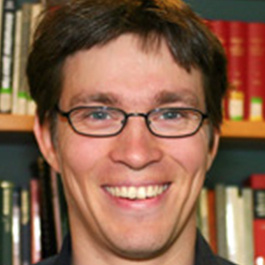 Juha Kiviluoma, VTT
Juha Kiviluoma, VTT
Juha is interested in optimizing future energy systems that will have a large contribution from variable power sources (e.g. wind), increasing the flexibility of power systems as economically as possible both at operational and planning levels, and understanding the possibilities and challenges of different energy technologies and energy resources. Member Homepage
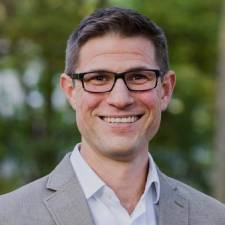 Greg Schivley, Carbon Impact Consulting
Greg Schivley, Carbon Impact Consulting
Greg focuses on solving problems at the intersection of energy systems, environmental analysis, and data science. He is the primary developer of PowerGenome, an open-source software tool that compiles inputs for capacity expansion models. Member Homepage
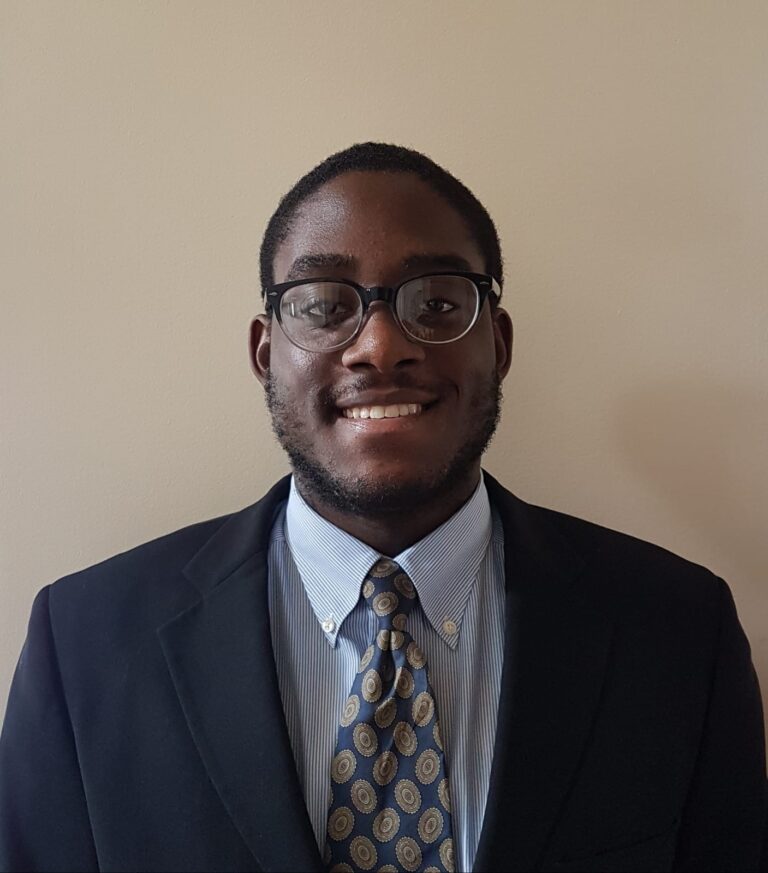 Jethro Ssengonzi, NC State University
Jethro Ssengonzi, NC State University
Jethro is a PhD student with research interest in improving civil infrastructure systems, and is currently focused on estimating the capacity credit of variable renewable energy technologies. Member Homepage
Uncertainty Assessment
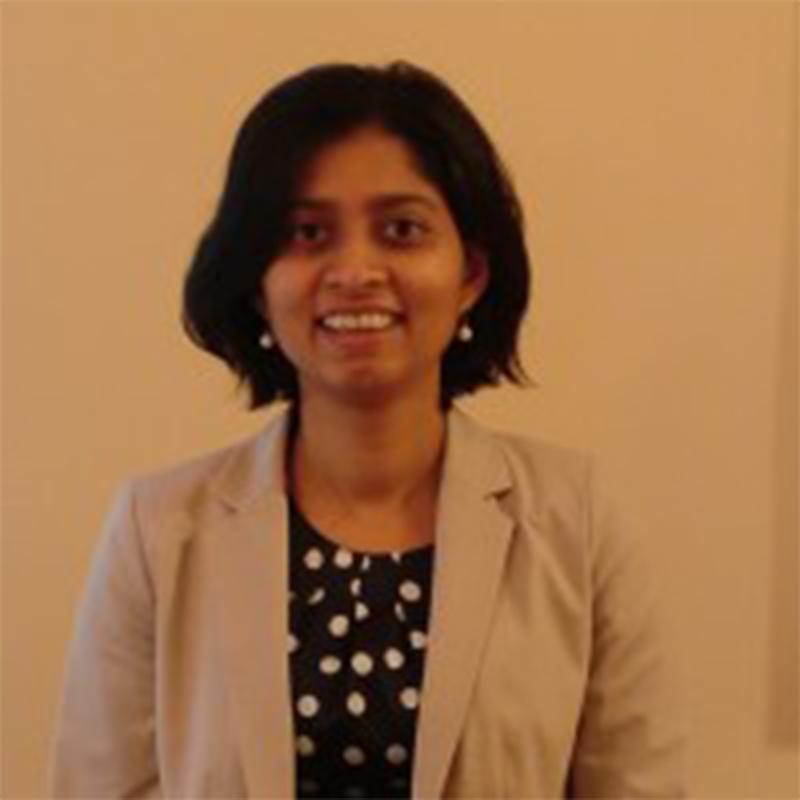 Aranya Venkatesh, Electric Power Research Institute
Aranya Venkatesh, Electric Power Research Institute
Aranya is a Senior Technical Leader at the Electric Power Research Institute (EPRI). Her research interests are focused on modeling and evaluating energy infrastructure development, and associated environmental and policy implications. She has a background in systems modeling, optimization, and data analysis for energy technology and environmental assessment, with research experience in the industry, government, and academia. Member Homepage
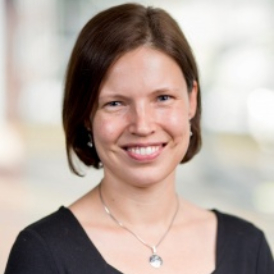 Evelina Trutnevyte, University of Geneva
Evelina Trutnevyte, University of Geneva
Evelina is an energy systems analyst and modeler, specializing in renewable energy systems, socio-technical approaches to energy transition, as well as in energy decision making under deep uncertainty and at science-society interface. Member Homepage
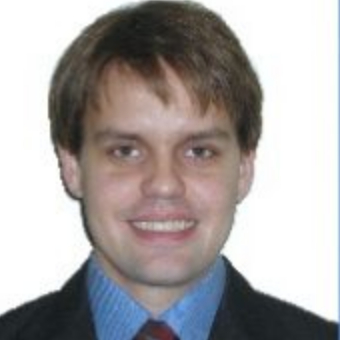 Anderson Rodrigo de Queiroz, NC Central University
Anderson Rodrigo de Queiroz, NC Central University
Anderson develops computational machinery using mathematical optimization solvers and parallel programming to solve electric and energy systems problems. Member Homepage
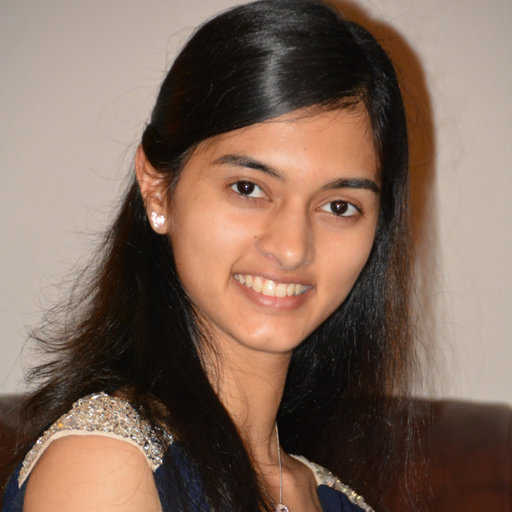 Neha Pantankar, Princeton University
Neha Pantankar, Princeton University
Neha applies her expertise in operations research, optimization techniques, and uncertainty analysis to address long-term challenges in energy systems. Member Homepage
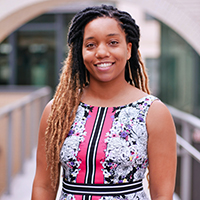 Destenie Nock, Carnegie Mellon University
Destenie Nock, Carnegie Mellon University
Destenie has performed energy systems modeling and analysis in both New England and Sub-Saharan Africa, using multi-criteria decision analysis and applied optimization to better equip policy makers to understand energy transition options. Member Homepage
Transport
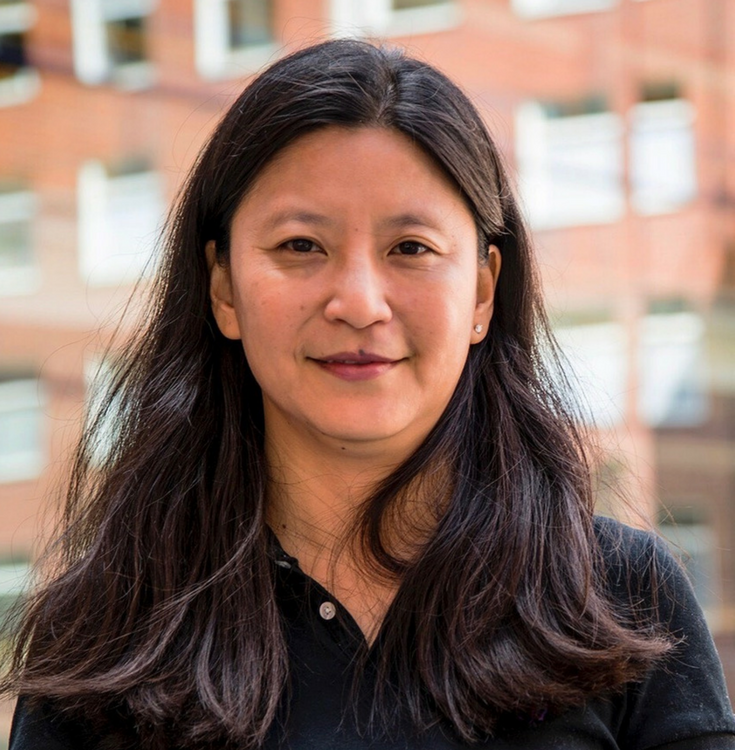 Sonia Yeh, Chalmers University
Sonia Yeh, Chalmers University
Sonia’s expertise is in energy economics and energy system modeling, alternative transportation fuels, sustainability standards, technological change, and consumer behavior and urban mobility. Member Homepage
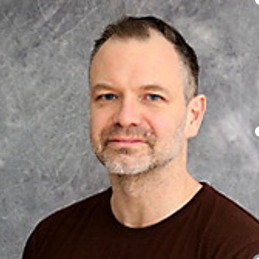 Daniel Johansson, Chalmers University
Daniel Johansson, Chalmers University
Daniel’s research covers topics such as climate stabilisation scenarios, emission metrics,negative CO2 emissions, climate impacts of aviation, the role of autonomous vehicles in the future transport system etc. In his research he mixes theories and methods from climate science, engineering and economics. Member Homepage
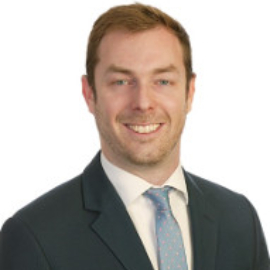 David McCollum, Oak Ridge National Laboratory
David McCollum, Oak Ridge National Laboratory
David’s main fields of scientific interest include techno-economic analysis of advanced energy and transport technologies and the development and application of energy-economic systems (integrated assessment) models for scenario analysis. Member Homepage
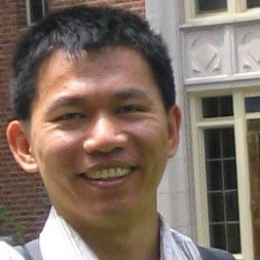 Zhenhong Lin, Oak Ridge National Laboratory
Zhenhong Lin, Oak Ridge National Laboratory
Zhenhong’s current research activities cover electric vehicles, charging infrastructure, vehicle efficiency, mobility solutions, energy aspects of connected and automated vehicles, and related policies. Member Homepage
 Alan Jenn, University of California at Davis
Alan Jenn, University of California at Davis
Alan’s research interests include alternative fuel vehicle adoption, transitions to sustainable energy systems, quantitative policy analysis, and big data statistical analysis. Member Homepage
Buildings
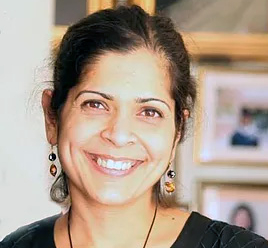 Simi Hoque, Drexel University
Simi Hoque, Drexel University
Simi’s work focuses on modeling and analysis of buildings and urban infrastructure using a systems-based computational platform. Member Homepage
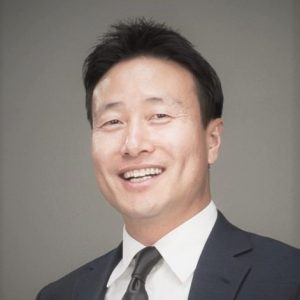 Soolyeon Cho, NC State University
Soolyeon Cho, NC State University
Soolyeon’s expertise is in the energy modeling and performance simulation for the design and development of sustainable buildings. His research is interdisciplinary, dealing with both architectural, environmental, and engineering subjects for the design and development of sustainable built environment. Member Homepage
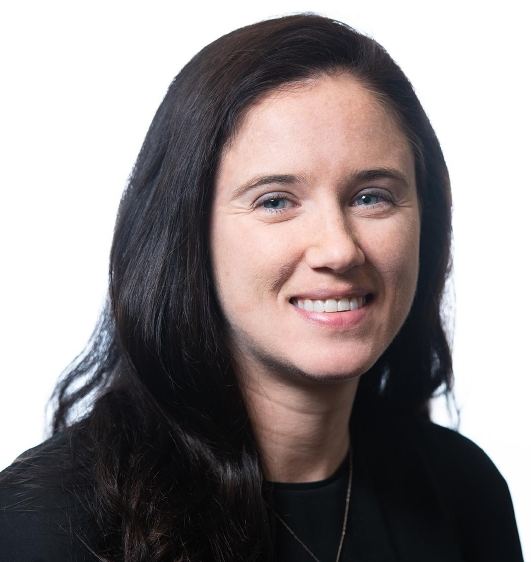 Amanda D. Smith, Pacific Northwest National Laboratory
Amanda D. Smith, Pacific Northwest National Laboratory
Amanda’s work focuses on modeling and optimization of building energy systems and distributed energy resources, incorporating unique site-specific aspects of these systems, from the individual building scale to the U.S. national scale. Her primary research interest is creating new computational frameworks for analyzing complex energy systems that incorporate thermodynamic performance, environmental and economic sustainability, and the human experience in the built environment. Member Homepage
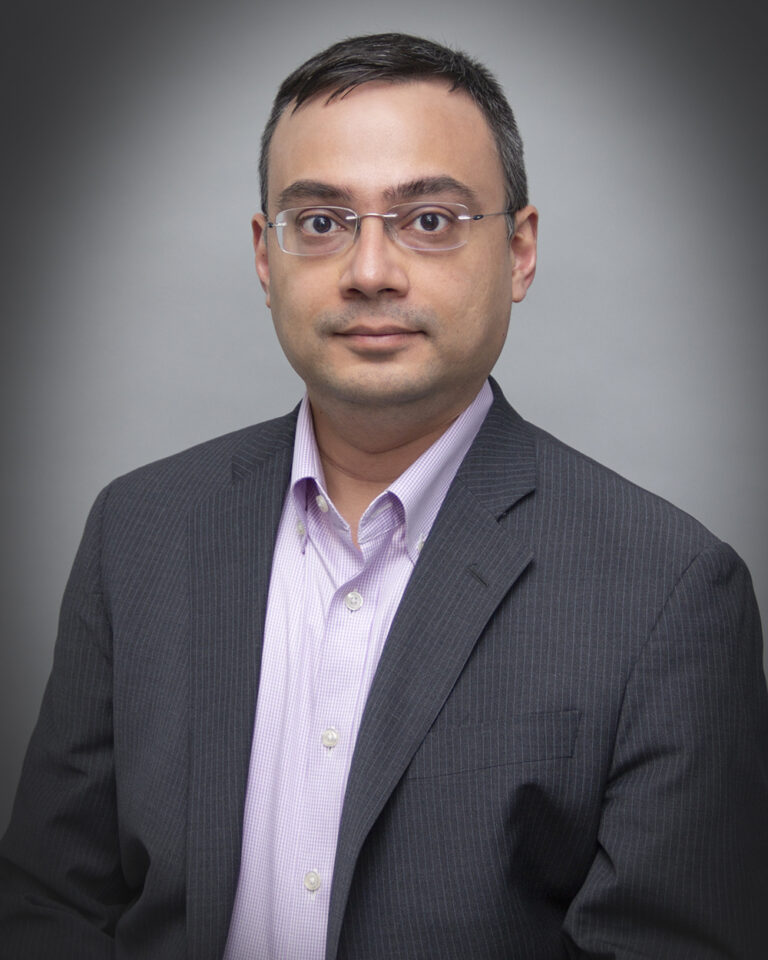 Parth Vaishnav, University of Michigan
Parth Vaishnav, University of Michigan
Parth is an Assistant Professor of Sustainable Systems at the School for Environment and Sustainability at the University of Michigan. His research aims to understand how technology can help solve social problems. Much of his work focuses on the environmental and human health consequences of energy production and use. He employs quantitative decision analysis, buttressed by qualitative insight, to understand how economic, political, and operational realities constrain technology deployment. He focuses on finding strategies to decarbonize the economy, and to adapt to the warming that has and will occur even if we cut greenhouse gas emissions very rapidly. He is particularly interested in finding ways to make both mitigation and adaptation equitable. Member Homepage
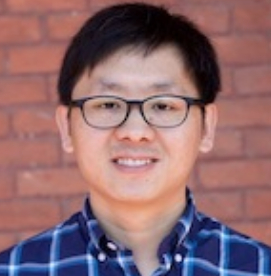 Yuyu Zhou, Iowa State University
Yuyu Zhou, Iowa State University
Yuyu’s research interests lie in the applications of geospatial technologies including remote sensing, GIS, geovisualization, spatial analytic tools, and integrated assessment modeling to understanding the problems of environmental change and their potential solutions for a sustainable environment. Member Homepage
Fuel Supply
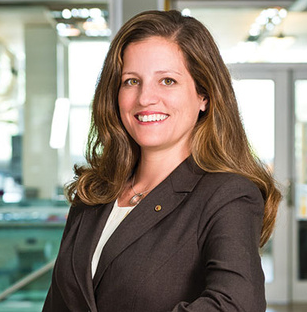 Joule Bergerson, University of Calgary
Joule Bergerson, University of Calgary
Joule’s primary research interests are systems-level analysis for policy and decision making of energy system investment and management. The focus of my work is developing tools and frameworks for the assessment of prospective technology options and their policy implications from a life cycle perspective. Member Homepage
 Sauleh Siddiqui, American University
Sauleh Siddiqui, American University
Sauleh’s research is on formulating and solving optimization and game theory models representing human-system interaction when making decisions in large-scale energy and health systems. These include applications to energy infrastructure, healthcare planning, and urban transportation. Member Homepage
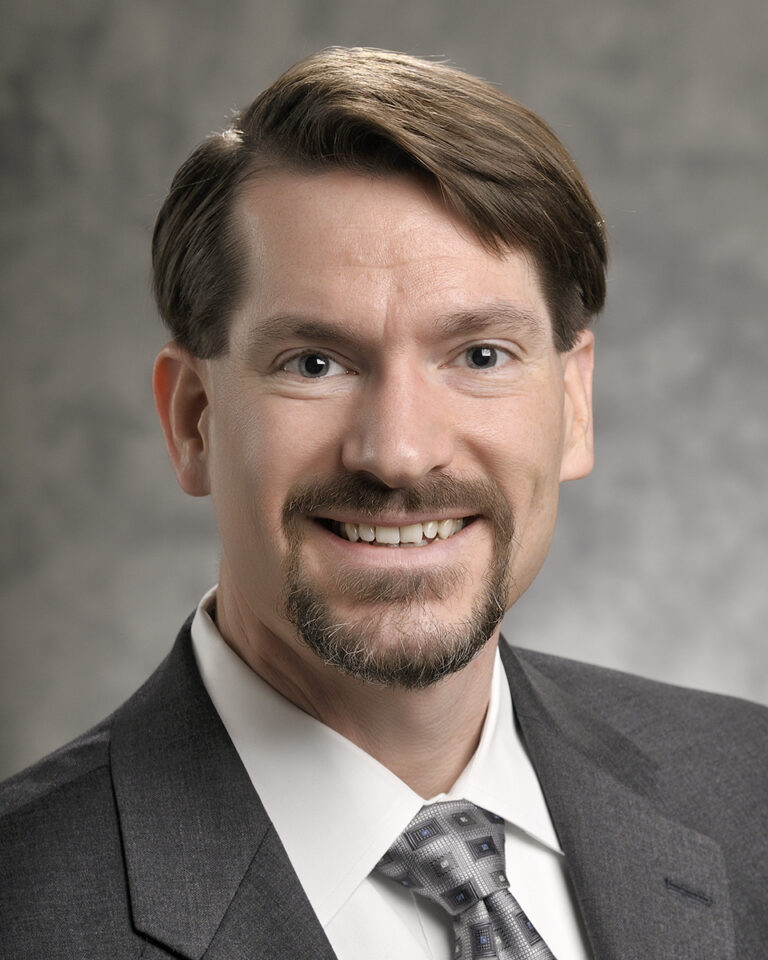 David Daniels, Chalmers University
David Daniels, Chalmers University
David Daniels is a visiting professor at Chalmers University in Gothenburg, Sweden, where he focuses on global energy systems. Formerly in Washington, DC, he was the chief energy modeler at the U.S. Energy Information Administration (EIA); he developed the U.S. Department of Homeland Security’s quantitative terrorism risk analysis methodology; and he worked as a technical advisor to the Defense Advanced Research Projects Agency (DARPA). David began his career as a strategy consultant at The Boston Consulting Group (BCG). His academic background is in physics. Member Homepage
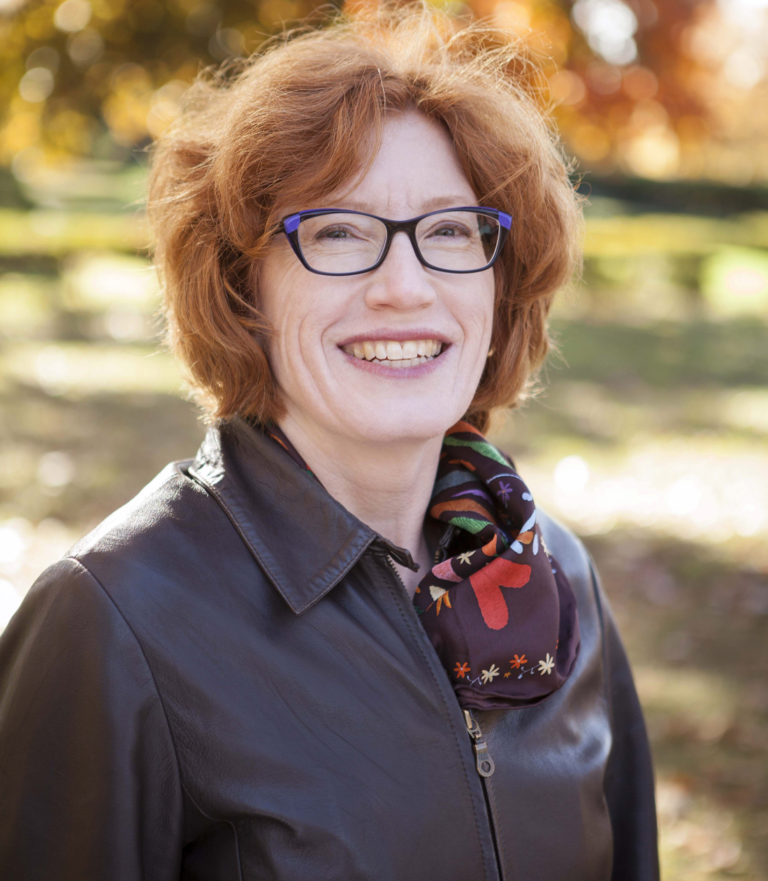 Heather MacLean, University of Toronto
Heather MacLean, University of Toronto
Heather’s overall aim is to advance scientific and engineering knowledge in the developing field of systems analysis for sustainable engineering. My primary area of research involves developing and applying life cycle assessment and techno-economic methods to evaluate the technical and externality impacts of conventional and alternative energy and transportation systems and elements of the built environment more generally. Member Homepage
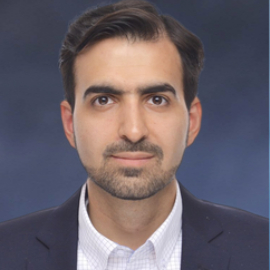 Mohammad Masnadi, University of Pittsburgh
Mohammad Masnadi, University of Pittsburgh
Mohammad is interested in interdisciplinary energy and environment research topics, such as data-driven life-cycle assessment, sustainable processes, applied catalysis, and process integration and intensification. Member Homepage
Industry
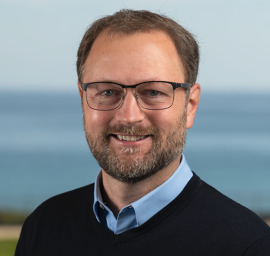 Eric Masanet, University of California at Santa Barbara
Eric Masanet, University of California at Santa Barbara
Eric’s research develops energy and materials systems models to identify technology and policy pathways for decarbonizing industrial systems, with a particular focus on emerging process innovations. Member Homepage
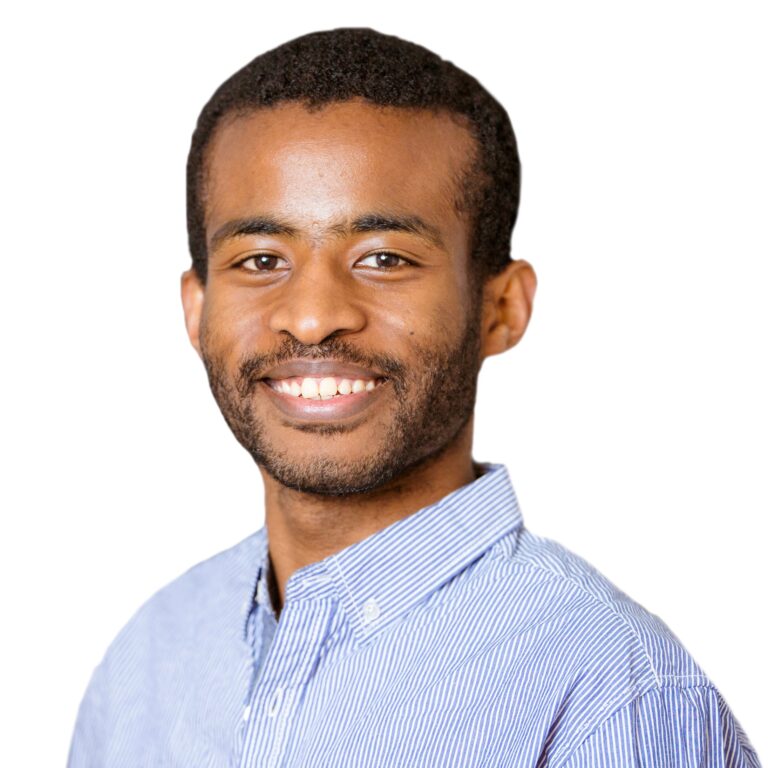 Yohannes Alamerew , University of California at Santa Barbara
Yohannes Alamerew , University of California at Santa Barbara
Yohannes is a Postdoctoral Scholar at the Bren School of Environmental Science & Management at the University of California, Santa Barbara (UCSB). His research topics include system modeling, life cycle analysis, multi-criteria decision analysis, sustainability indicators, and circular economy. Member Homepage
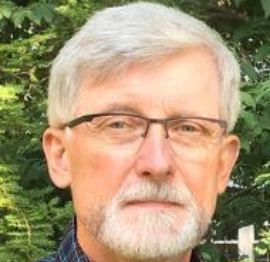 Timothy Gutowski, MIT
Timothy Gutowski, MIT
Timothy’s research interests have ranged from polymer processing, to advanced composites manufacturing, to manufacturing systems, to his current area of study – manufacturing and the environment. Member Homepage
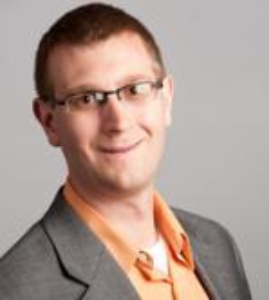 Karl Haapala, Oregon State University
Karl Haapala, Oregon State University
Karl specializes in sustainable design and manufacturing. Broad research topics within this area include life cycle engineering; manufacturing process modeling for environmental performance improvement; evaluation of novel approaches for environmental impact reduction, e.g., micro- and nanomanufacturing and product servicing; and sustainable engineering education. Member Homepage
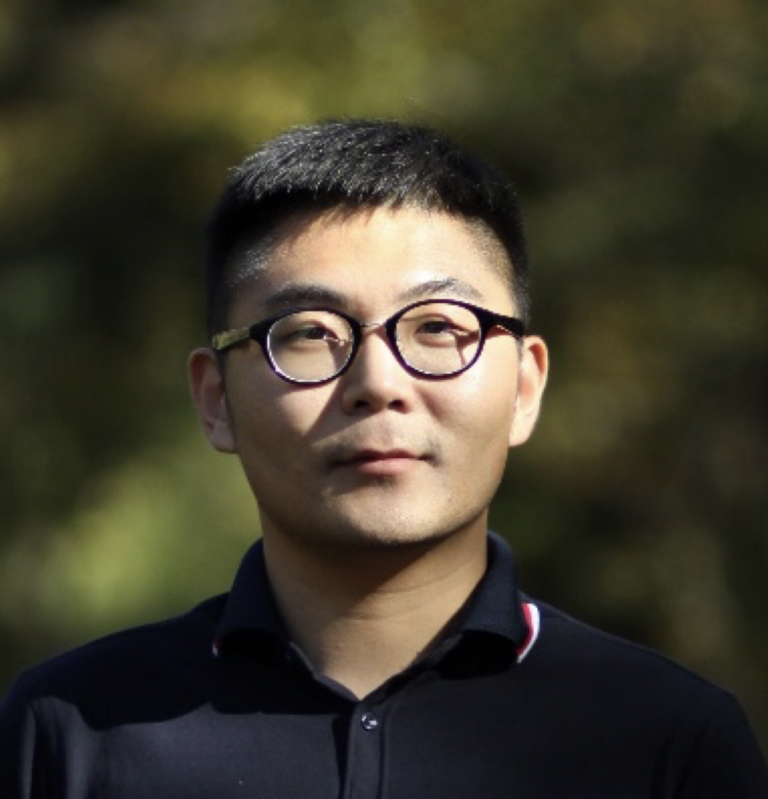 Enze Jin, University of California at Santa Barbara
Enze Jin, University of California at Santa Barbara
Enze is a postdoctoral fellow at the Bren School of Environmental Science & Management at the University of California, Santa Barbara. His research interests focus on the assessment of sustainability performance for agricultural, food, and bioenergy systems by integrating the environmental and socioeconomic impacts. He has years of experience in system modeling for industrial sustainability using life cycle assessment, techno-economic analysis, and system dynamics. Member Homepage
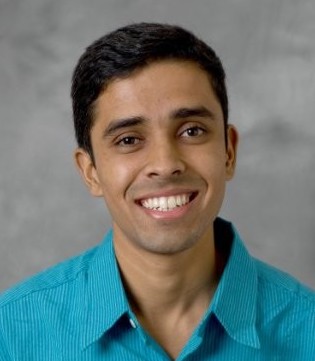 Dharik Mallapragada, MIT
Dharik Mallapragada, MIT
Dharik is a research scientist at the MIT Energy Initiative, where his research focuses on advancing energy systems modeling tools to study implications of renewables integration in the power sector, economy-wide electrification and assessment of emerging energy technologies. Prior to MIT, Dharik spent nearly five years in the energy and petrochemicals industry working on a range of sustainability-focused research topics.. Member Homepage
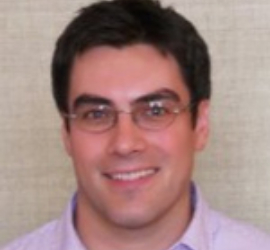 Colin McMillan, National Renewable Energy Laboratory
Colin McMillan, National Renewable Energy Laboratory
Colin applies life cycle assessment, energy efficiency analysis, and econometrics to industrial energy analysis and modeling, particularly process heat use as well as material and energy flows in economies. Member Homepage
Energy Justice
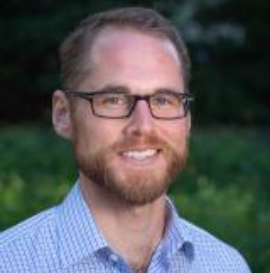 Michael Craig, University of Michigan
Michael Craig, University of Michigan
Michael primarily researches how to reduce global and local environmental impacts of electric power and other energy systems. He focuses on system-level analysis to understand the deployment potential and operations of new technologies given the constraints and features of the larger system in which they are embedded. Member Homepage
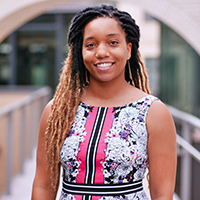 Destenie Nock, Carnegie Mellon University
Destenie Nock, Carnegie Mellon University
Destenie has performed energy systems modeling and analysis in both New England and Sub-Saharan Africa, using multi-criteria decision analysis and applied optimization to better equip policy makers to understand energy transition options. Member Homepage
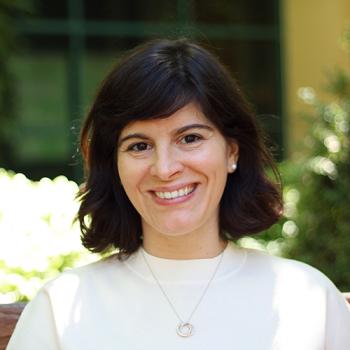 Inês M.L. Azevedo, Stanford University
Inês M.L. Azevedo, Stanford University
Inês M.L. Azevedo is Associate Professor in the Department of Energy Resources Engineering at Stanford University. She also serves as Senior Fellow for the Woods Institute for the Environment and for the Precourt Institute for Energy at Stanford University. Prof. Azevedo’s research interests focus on how to transition to a sustainable, low carbon, affordable, and equitable energy system. She is interested in sustainability and energy issues where a systems approach is needed, by combining engineering and technology analysis with economic and decision science approaches. Her current interest is to address energy issues with particular focus on distributional effects and equity. Member Homepage
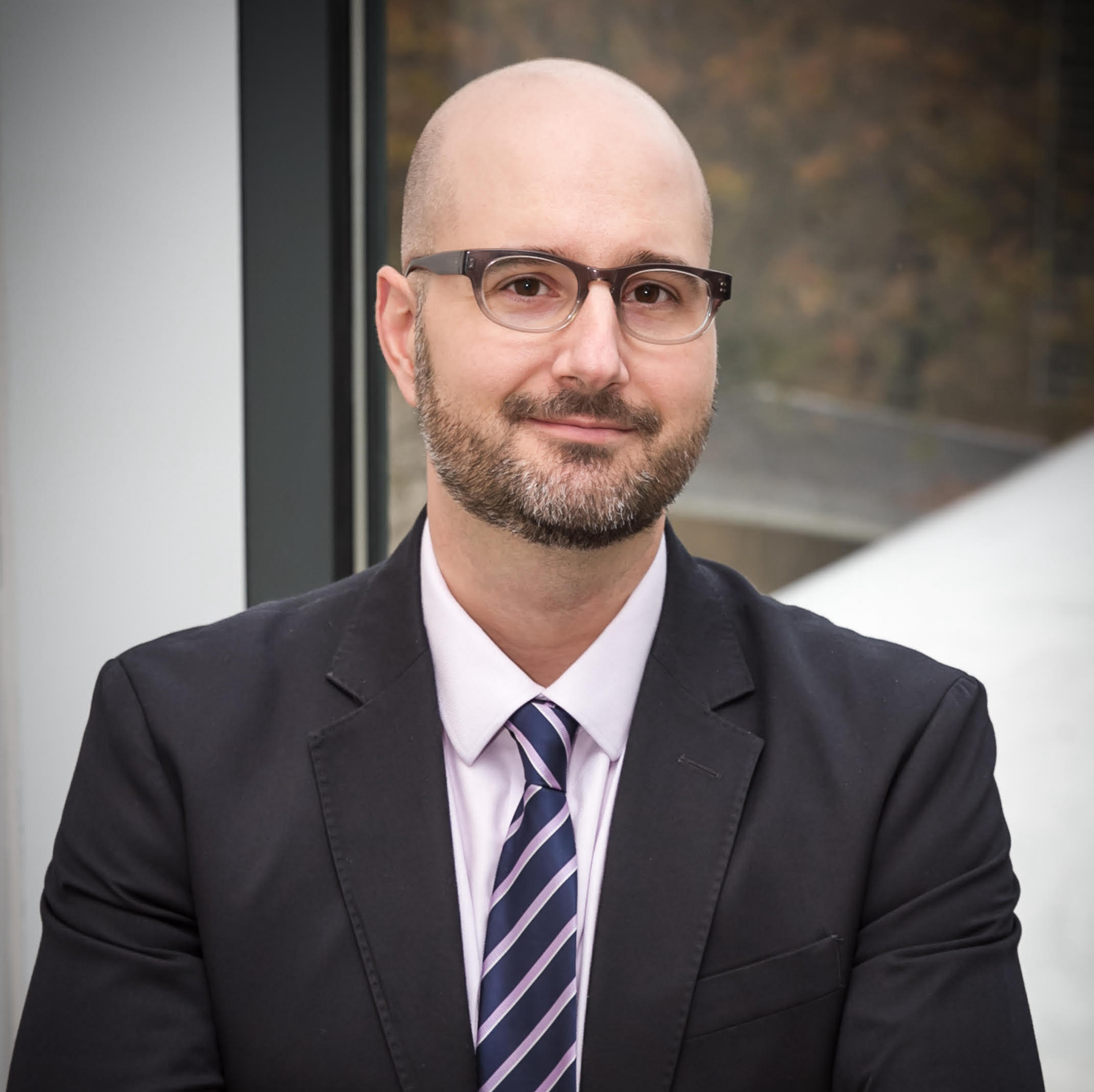 Costa Samaras, Carnegie Mellon University
Costa Samaras, Carnegie Mellon University
Costa’s research focuses on modeling the technology and policy pathways to clean, climate-safe, equitable, and secure energy and infrastructure systems under deep uncertainty. Member Homepage
OEO ALUMNI
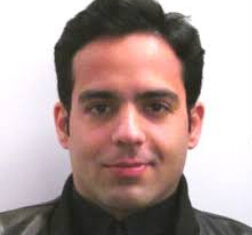 Hadi Eshraghi, PA Consulting Group
Hadi Eshraghi, PA Consulting Group
Hadi is an energy consultant at PA Consulting Group. He has also served as a postdoctoral scholar at NC State University leading the development of the Temoa input database. Member Homepage
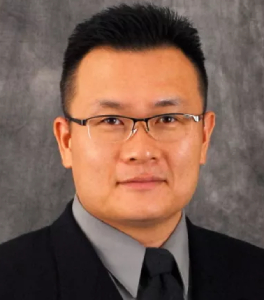 Joon-Ho Choi, University of Southern California
Joon-Ho Choi, University of Southern California
Joon-Ho’s primary research interests are in the areas of advanced controls for high performance buildings, bio-sensing controls in the built environment, smart building enclosure, passive building strategies, human-centered building environmental control, building systems integration, environmental sustainability, and comprehensive POE (post-occupancy evaluation), indoor environmental quality, and human health, and work productivity. Member Homepage